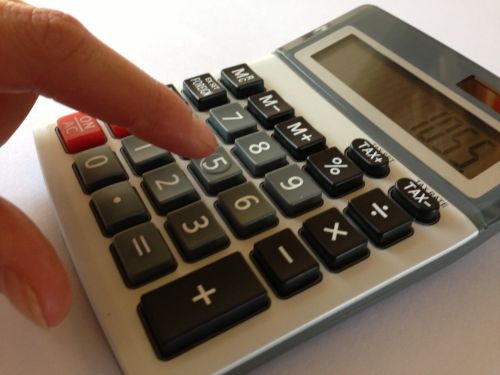2 in 3 UK adults say the UK is in recession following the Budget

2 in 3 Britons believe that the UK’s economy is currently in a recession, reveals a new survey of 1,000 UK adults by leading consumer research company Maru. It comes as the OECD predicts that interest rates are more likely to stay higher for longer following October’s Budget*.
The new poll found that 67% of UK adults believe that the UK is in recession, compared to just 23% of respondents who are confident that the economy is not in recession. Maru’s research also shows that Britons’ also have an increasingly gloomy outlook for the UK’s finances and measures related to the economy overall; including inflation, interest rates, wages, and consumer confidence.
The survey shows that:
68% believe that wages are not keeping up with inflation.
66% believe that consumer confidence is getting worse compared to just 34% of respondents who believe it is improving.
60% believe that the economy is worse than the media makes it out to be, compared to just 40% who believe the opposite to be true.
56% of Britons believe the FTSE 100 has been down for the past year despite overall gains for the stock market, particularly in the early part of 2024.
51% of Britons believe unemployment is reaching a 50-year high
50% believe that the UK economy overall is ‘getting worse’, with just 18% believing that it will get better. This comes despite the OBR predicting positive GDP growth for the economy of between 1.1% and 2% annually over the next three years.
50% believe that inflation is increasing, despite the UK inflation rate having fallen below the Bank of England’s 2% target to 1.7% in September 2024.
46% believe that interest rates are still increasing, despite the Bank of England having cut interest rates by 0.25% in November 2024. The Governor of the Bank of England has also forecast that interest rates will likely come down further over the coming months and years.
These results come despite the UK’s real GDP having grown by 0.2% in the three months to August 2024. While the UK did enter a small technical recession in the latter part of 2023, the economy has since improved.
Sarah Beams, Managing Director of Maru commented: “What is clear is that UK adults are much more likely to be more pessimistic about the country’s economic fortunes. This could be influenced by a number of different factors, such as mixed messaging about the economy in the media or a disparity between the current economic performance indicators and their own household finances. For example, while inflation is now coming down many people are still feeling the pinch because prices have not reduced and the country is just starting to emerge from a long period of high inflation. The wider implication for those in policy is that messages about a turnaround in economic growth are not cutting through.”



